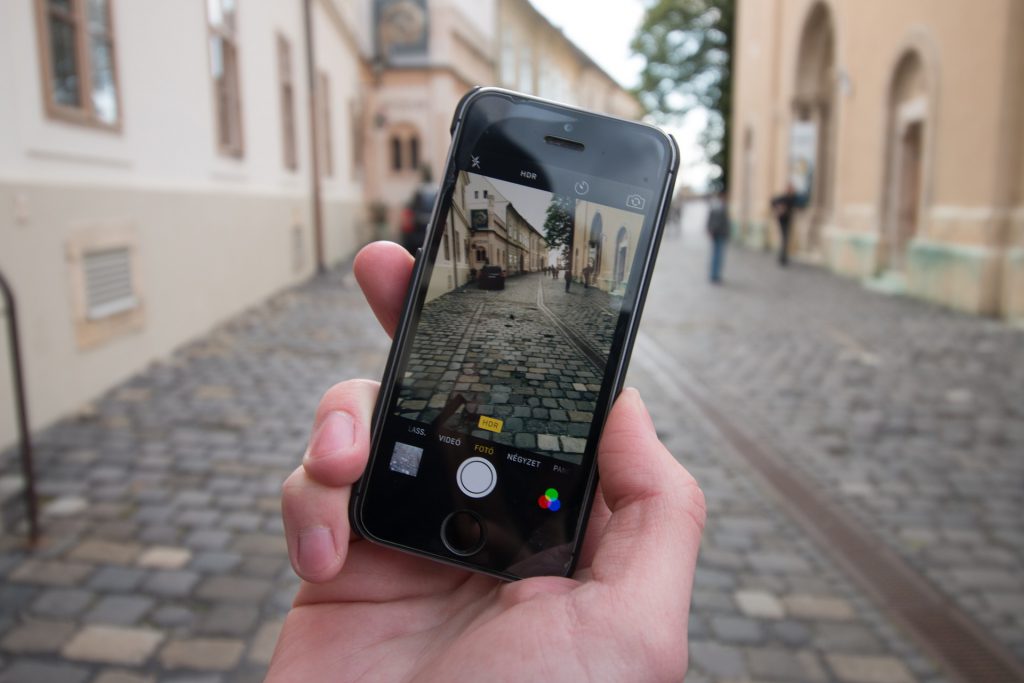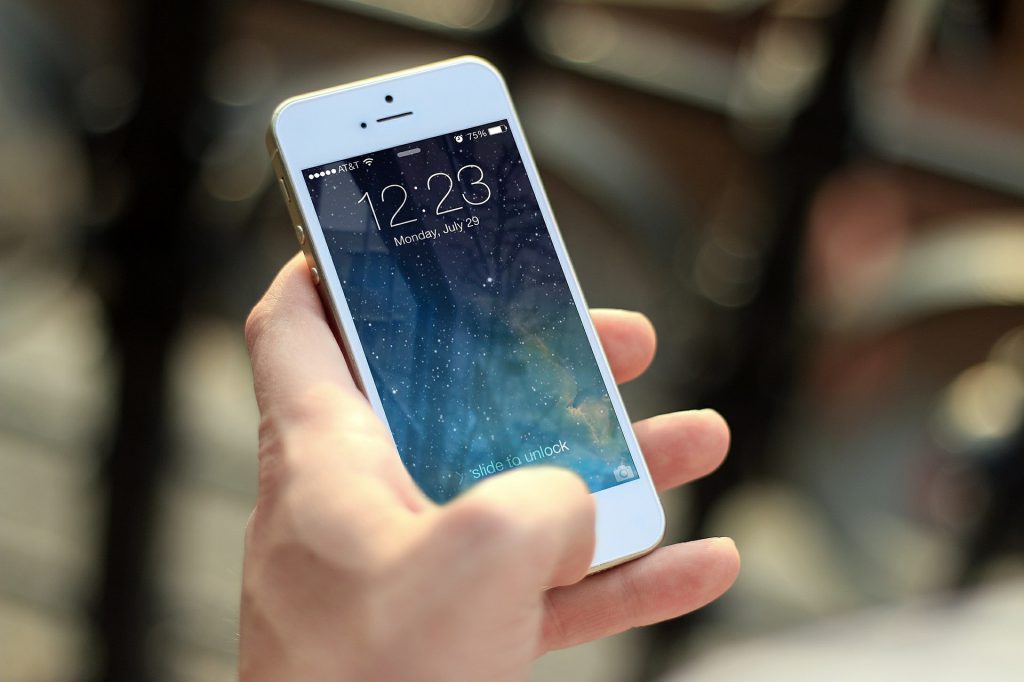Use Case: Mobile Applications and the Intelligent Campus
What’s the issue?
Many universities and colleges are already providing student applications for smartphones and tablets to enhance their campus and learning experience. It is in fact surprising that all institutions are not offering apps, even if there is currently very limited data available for their campus.
What’s currently going on?
University and college apps at the moment typically provide information and services such as:
- Manage library account, catalogues and e-publications
- Viewing personalised timetables
- University and campus news
- Searchable and interactive campus maps
- Find available PC’s and workstations
- Make payments
An extensive list of features that combines a range of apps being offered by UNiversities and colleges is provided below.
However, the further integration of new apps with the intelligent campus could enhance their functionality enormously.
What developments are taking place?
The Smartphone developments will drive student apps and the intelligent campus can integrate with and take advantage of these developments.
For example, relatively simple campus developments can enhance the student experience, these include incorporating wireless charging facilities into desks, tables and benches. Also, provision of display areas where students gather socially, or for group work, for smartphones with built-in projectors.
The availability of augmented reality (AR) is likely to become widespread. Universities and colleges will be able to make data generated by the intelligent campus available, overlaying it onto what their smartphone camera is seeing. Real time images of buildings will be tagged with the location of, for example: their next lecture or tutorial, routes avoiding steps, location of toilets, showers, cycle racks or ATMs.
As AR develops it is likely to become very familiar in enhancing learning. It could have a place in many disciplines, providing simulation environments for the teaching of surgery or archaeology, allowing architecture students to walk around experimental buildings or positioning historians in historical events.
Its predicted that wearable devices will become widely available, and popular, in the next few years, this will present further opportunities for the intelligent campus. Headsets, glasses, watches and wristbands will talk to the campus and provide information in new ways to the user.
Beyond wearable devices developers are discussing internet enabled implants. Futurists, such as Raymond Kurzweil, predicts that within 20 years implants (removable or permanent) will be available that will communicate wirelessly with the network. The possibilities for integration with the intelligent campus are wide ranging. These devices might record everything that the “connected” student sees and hears, indeed everything they are learning.
So what are the issues?
Clearly some of the ideas discussed here are still in development and may not come to fruition. If they do there will be a number of other issues to address. The well-known Issues concerning data security and management will need to be dealt with.
We are only at the start of the uptake of AR and wear devices which will throw up new ethical questions. Implanted devices will of course be a whole new ball game ethically and development could be halted by the ethical dimension.
For those developments that do look promising perhaps the biggest barrier is not the technological development or security questions but the need to bring together a wide range of stakeholders. In developing these mobile applications almost every component of the university or college structure, as well as local transport authorities, will need to provide data in a standard format and to a very high standard. This will require considerable resource, goodwill and management skill.
Student apps that are currently provided by universities include the following:
- Manage library account, catalogues and e-publications
- Viewing personalised timetables of courses, events and other activities
- University and campus news channels and news flashes
- Searchable and interactive campus maps
- Exam timetables
- Find available PC’s and workstations
- Buy and use print credits
- Pay for services, food and products
- Contact tutors and other staff
- Gym facilities availability and classes
- Self-guided tours including videos, photos and interactive panoramas
- Search for friends and colleagues
- Call or email contacts
- Push notifications of alerts and announcements
- Alerts for upcoming deadlines
- Attendance registration by scanning the QR codes
- Access to cloud based file store
- Lecture capture
- Weather information
- Revision resources and guidance
- Real time cycling, train and bus information for public transport authorities
- Details of union clubs and societies
- Help desk and helpline access
- Task tracking and notification – assignment and course progress.
The list of features above is based upon those offered by the student apps provided by:
- UCLA
- Newcastle University
- UCL
- Southampton University
- Nottingham Trent University
- Strathclyde University




